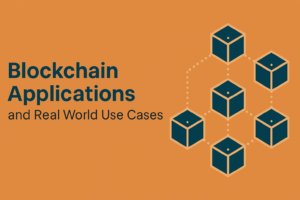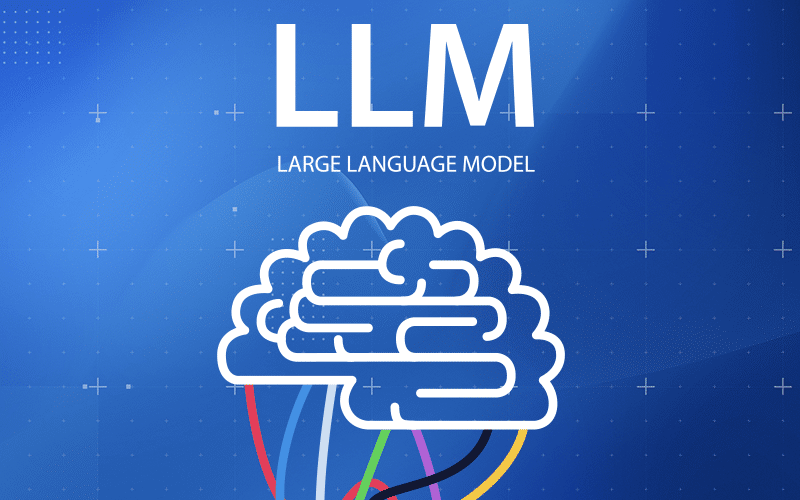How AI Can Be Integrated Into Different Platforms
techdataminds.com January 19, 2024 1In today’s fast-paced digital landscape, the integration of Artificial Intelligence (AI) has become a transformative force across various platforms. From business operations to customer experiences, the seamless infusion of AI technologies is reshaping the way platforms function. Let’s explore how AI is making its mark across different domains.
Table of Contents
Toggle1. Business Intelligence Platforms:
Artificial Intelligence is revolutionizing business intelligence platforms by enhancing data analytics and decision-making processes. Machine learning algorithms process vast datasets, providing actionable insights for strategic planning and forecasting. Predictive analytics enables businesses to stay ahead of market trends, optimize operations, and make informed decisions.
2. E-commerce Platforms:
E-commerce platforms leverage Artificial Intelligence for personalized shopping experiences. Recommendation engines analyze user behavior and preferences to suggest products, increasing customer engagement and driving sales. AI-powered chatbots streamline customer support, providing instant assistance and improving overall user satisfaction.

3. Social Media Platforms:
AI plays a pivotal role in social media platforms, automating content moderation, detecting fake news, and optimizing user engagement. Natural Language Processing (NLP) algorithms analyze user sentiments, helping businesses understand customer feedback and sentiment trends.

4. Healthcare Platforms:
Artificial Intelligence (AI) integration in healthcare platforms enhances diagnostics, treatment planning, and patient care. Machine learning models analyze medical images, detect patterns, and assist in early disease detection. AI-driven chatbots provide timely health information and support, improving accessibility to healthcare services.

5. Financial Platforms:
Financial platforms benefit from AI-powered fraud detection, risk management, and algorithmic trading. Machine learning algorithms analyze transaction patterns to identify anomalies and potential fraudulent activities. Chatbots assist customers in financial planning and provide personalized investment advice.

6. Educational Platforms:
Artificial Intelligence transforms educational platforms by enabling personalized learning experiences. Adaptive learning algorithms analyze student performance, identify strengths and weaknesses, and tailor educational content accordingly. Virtual tutors and AI-driven grading systems enhance the efficiency of educational processes.

7. Manufacturing Platforms:
In manufacturing, AI enhances efficiency through predictive maintenance, quality control, and supply chain optimization. Machine learning algorithms predict equipment failures, reducing downtime and maintenance costs. AI-driven analytics improve production processes by identifying areas for optimization.

8. Customer Relationship Management (CRM) Platforms:
CRM platforms integrate AI to enhance customer relationships and sales processes. AI analyzes customer interactions, predicting buying behaviors, and providing insights for personalized marketing strategies. Chatbots streamline customer interactions, improving response times and overall customer satisfaction.

9. Human Resources (HR) Platforms:
Artificial Intelligence revolutionizes HR platforms by automating recruitment processes, analyzing resumes, and predicting candidate suitability. Chatbots assist in employee onboarding, answer HR-related queries, and provide a seamless communication channel between employees and the HR department.

10. Telecommunication Platforms:
Artificial Intelligence is transforming telecommunication platforms through predictive maintenance of network infrastructure, improving service reliability. Chatbots and virtual assistants enhance customer support, providing instant responses to queries and facilitating efficient issue resolution.

Challenges and Considerations:
While the integration of AI across diverse platforms offers numerous advantages, it also presents challenges. Ethical considerations, data privacy concerns, and the potential for algorithmic biases require careful attention. Ensuring transparent and responsible AI practices is crucial for building trust among users and stakeholders.
The Future of AI Integration:
As AI technologies continue to advance, the integration across platforms is expected to become more sophisticated. The convergence of AI with emerging technologies like the Internet of Things (IoT) and 5G will unlock new possibilities, further enhancing the capabilities of diverse platforms.
Conclusion:
The integration of AI across different platforms is a testament to its versatility and transformative power. From optimizing business processes to revolutionizing user experiences, AI’s impact is felt across industries. As organizations continue to explore innovative ways to harness the potential of AI, the future promises even greater synergy between intelligent technologies and diverse platforms, ushering in a new era of efficiency, personalization, and innovation.



Your article helped me a lot, is there any more related content? Thanks!